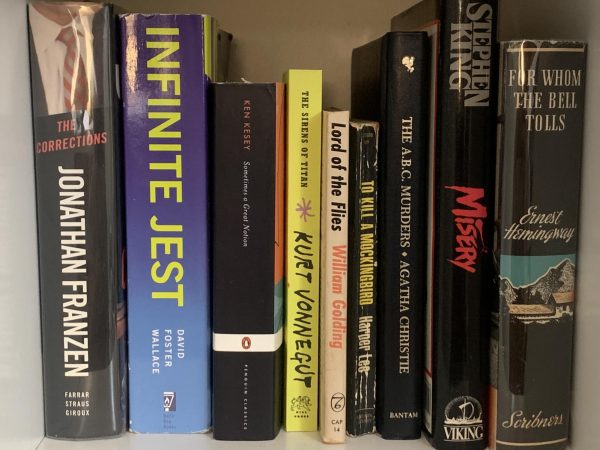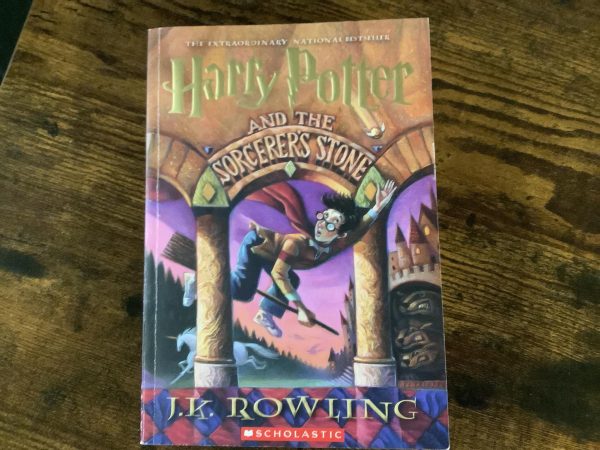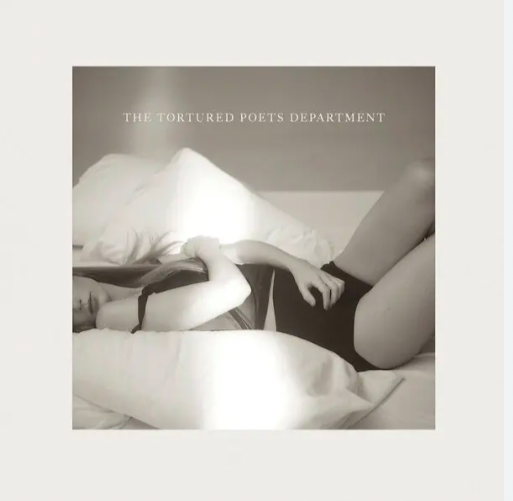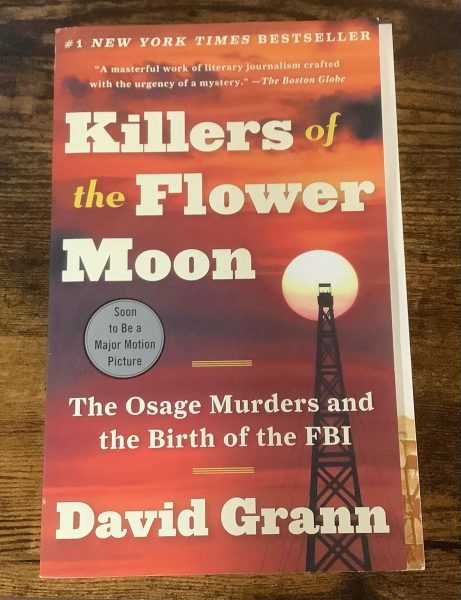Beluch on Books: Shakespeare’s Stratford
Strolling around William Shakespeare’s birthplace
Only 83 miles from London sits a quaint little town, harboring more history than Caius Cassius holds schemes and young Romeo idealism. The scenery is utterly antithetical to the gray, skyscraper-dotted London, as Stratford-upon-Avon is hidden in broad, expansive sunlight.
This picturesque town garners attention beyond the blooming buds and swans along the Avon. The birthplace of William Shakespeare—undeniably the most influential writer of all time—derives its charm not from appearance, but from essence. To breathe the air that surrounds the town Shakespeare once inhabited—it’s a tour beyond sights mere eyes can behold.
This past fall, I walked, tongue-tied, down the narrow streets that once were underfoot The Bard. It wasn’t culture shock that overtook me; rather, it was the sort of literary shock that holds more value than any star struck bibliophile could imagine. I had never been closer to such pure, literary power; with unbounded ardor, I retraced the steps of one of the greatest mentors I and the world have ever known.
Even as I stood in the Holy Trinity Church, peering at the grave of a poet 402-years deceased, I smiled. I smiled for the 37 plays and 154 sonnets that had no grave marker beside him on the altar, for his words are not of mortal flesh. What man can boast the same reach that Shakespeare has? What man has the same claims on the English language?
William Shakespeare needn’t have cursed his grave to protect his own preservation—his verse is the cement that swathes him beneath the altar.
Walking along the streets that served as the foundation of a legend’s childhood, I then visited Nash House and New Place. These two buildings, an effort to preserve the last home of Shakespeare, certainly reflected the spirit of admiration such a man has earned.
Flowers blooming in the gardens as did the tourists in the town, the gardens behind Shakespeare’s home spoke of vitality. Metal tags of various colors adorned the bushes as do jewels on a royal neck, each inscribed with a play written by The Bard himself. Like endless monarchs, they fluttered, taking respite in my once calm stomach. Such impact his indescribable verse has on me; such control it boasts!
What could I do to prepare myself for the inarticulate thrill I would experience at his birthplace, after such statues and flowers affected me so? Inside the beige walls which my hands grazed lived the man who birthed literature as I know it to be—exhilarating. The floorboards beneath my feet wailed as they did under Shakespeare centuries ago. In the boys’ room, I knelt and caressed the wooden panels of the floor—the same panels which young William once crawled upon. My fingers fought against the strain of my muscles as I stood, desiring no more than to absorb the genius that seemed to me so tangible.
What stories this foundation would project had they the same narrative ability that defines its most famous inhabitant! Instead, it stays silent to facilitate the diffusion of Shakespeare’s stories as he described them—in The First Folio, before my own eyes. I dared not faint; to miss even a second would be sinful.
Although I had to walk out of these indescribable buildings eventually, I never truly left. A piece of me—my admiration, my ambition—lies still in the bed that once supported my idol.
As I drifted along the Avon later that evening, recitations of famous monologues lapping at the sides of my riverboat, I breathed in deeply.
This essence that I inhaled, imbued with the majesty that accompanies William Shakespeare, will always circulate within my lungs, because of this quaint little town 83 miles from London.















